|
Timothy Borgogna, Montana State Uni. 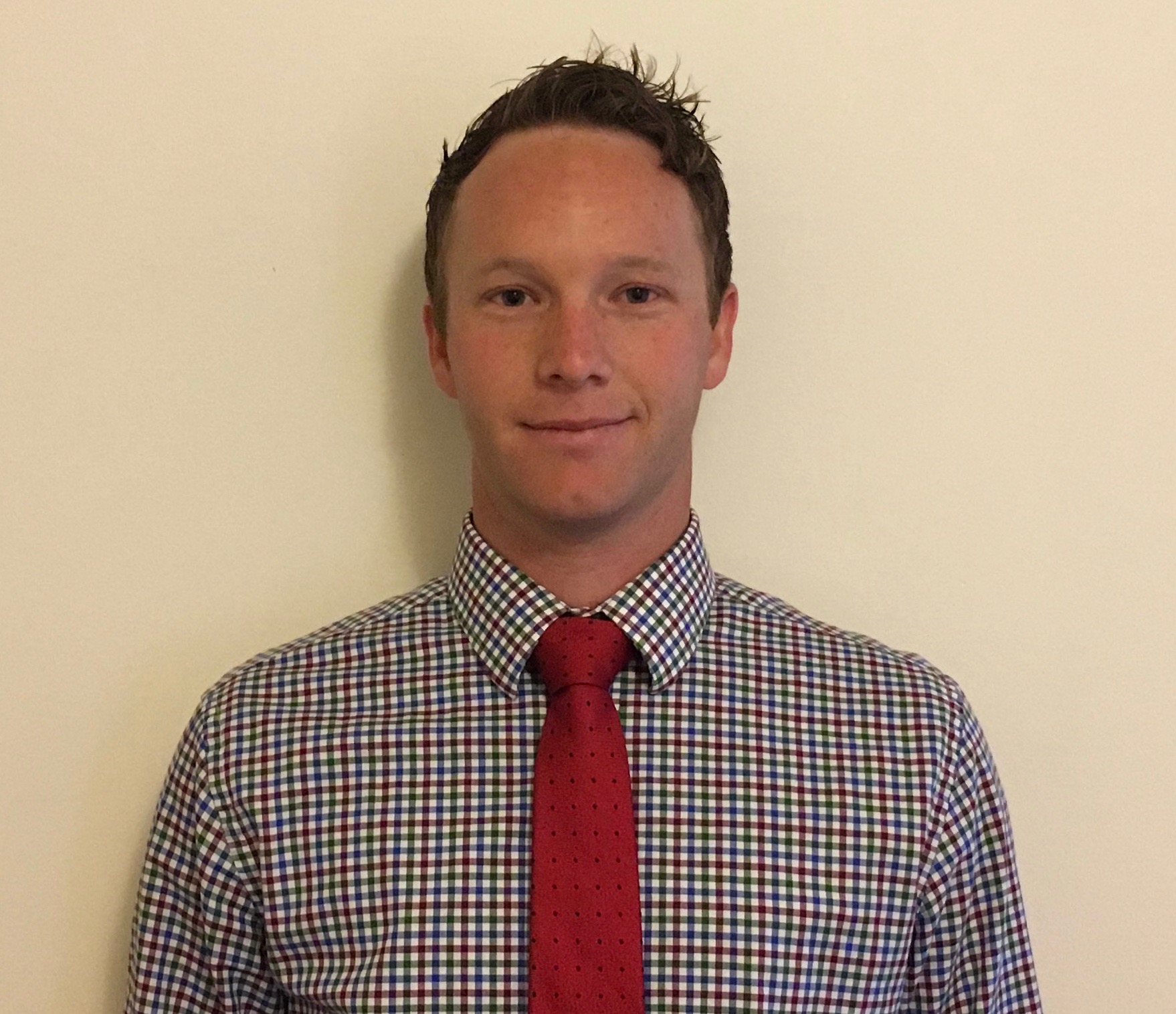
I am doctoral candidate entering into the fourth year of my graduate studies in the lab of Dr. Jovanka Voyich at Montana State University. I was introduced to academic research during my undergraduate degree where I became fascinated with the task of discovery. This fascination has never faded but rather grown into a motivation to continue to explore the complexities interactions that dictate our health and wellness. Currently my efforts are focused on understanding how influenza A infections modulate the host lung environment in a manner that leads to increased prevalence and severity of secondary Staphylococcus aureus pneumonia.
|
Prajwal Gurung, Uni. of Iowa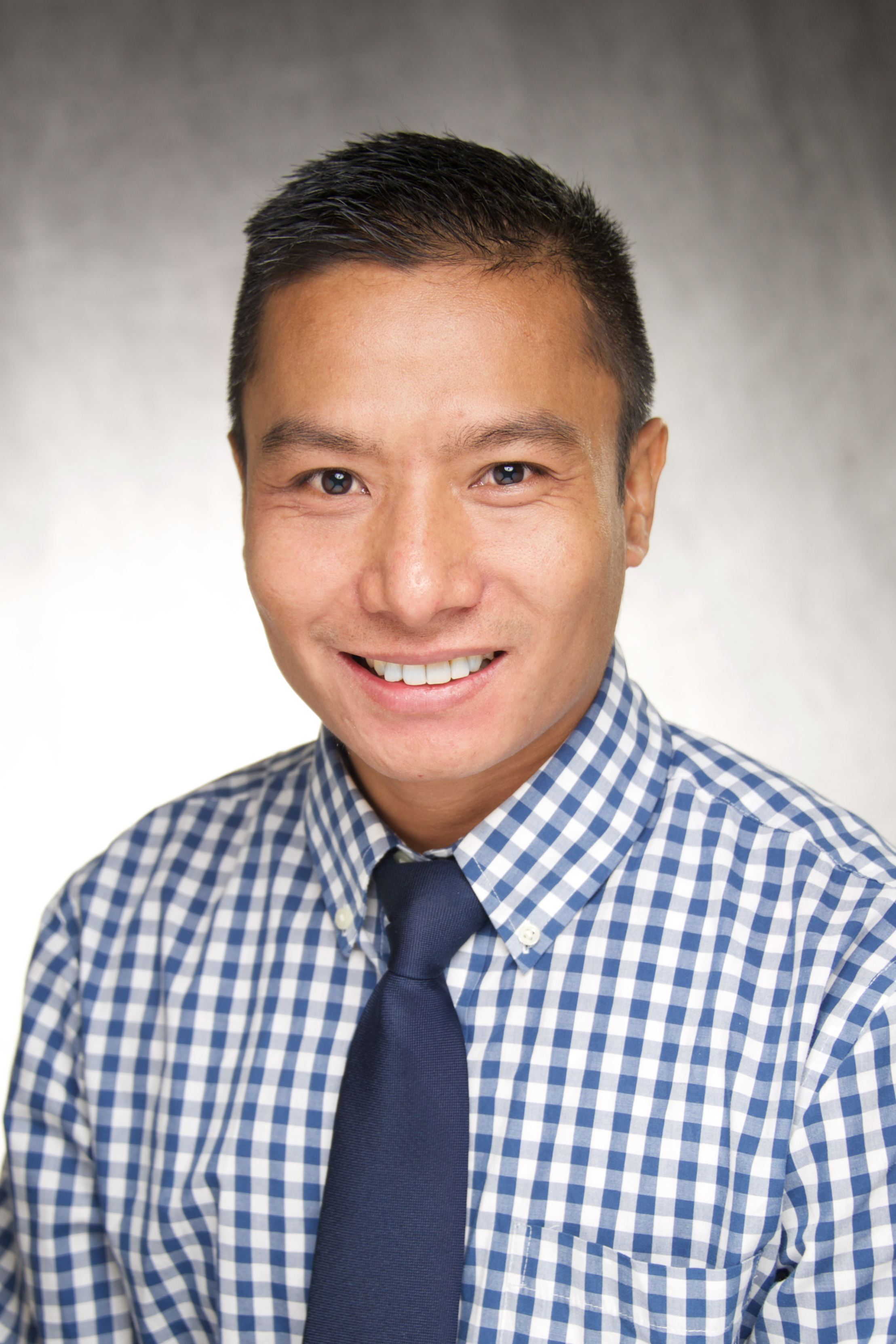
Prajwal Gurung, Ph.D. is an Assistant Professor in the Inflammation Program, Department of Internal Medicine at the University of Iowa. Prajwal received his Ph.D. in Immunology under the mentorship of Dr. Thomas S. Griffith from the University of Iowa. He worked with Dr. Thirumala-Devi Kanneganti at St. Jude Children’s Research Hospital for postdoctoral fellowship, where he developed his research interests on pathogen recognition receptors (PRR) and inflammation. PRR sense pathogen/damage-associated molecular patterns to protect and maintain cellular homeostasis. Nod like receptors (NLR), a family of cytoplasmic sensors, recognize pathogen/damage-associated molecules within the cell. The current research goals of the lab are to investigate how these NLR regulate innate and adaptive immune responses. To unravel the underlying mechanisms governing NLR and their function, we use bacterial, parasitic and viral infection of mice, as well as autoinflammatory disease models.
|
Michael Shehat, Uni. of Central FL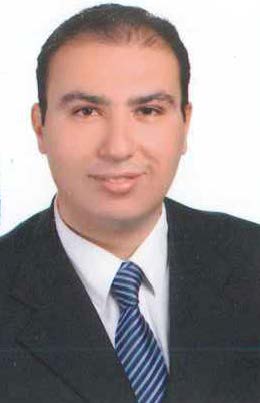
Michael Shehat is currently a PhD candidate in Dr. Tigno-Aranjuez’s lab at University of Central Florida. Michael is originally from Egypt where he received his B.S. degree in pharmaceutical sciences and subsequently a Master’s degree in microbiology and immunology from Alexandria University. His current research focuses on identifying novel signaling pathways for RIP2 kinase which will highly impact its therapeutic applications in treatment of inflammatory diseases. Michael aspires into a research career in immunology where he can help in development of new therapies for infectious and autoimmune diseases.
|
|
Brittany Boribong, Virginia Tech
Brittany Boribong received her B.S. in Biomathematics from the University of Scranton in 2015. She is currently a Ph.D. student at Virginia Tech in the Genetics, Bioinformatics, and Computational Biology interdisciplinary program. She is also a pre-doctoral scholar in the Initiative for Maximizing Student Development program. Her research interests lie in mathematical modeling of dynamic biological processes, particularly within innate immunity. She is currently working under Dr. Liwu Li and Dr. Caroline Jones where she is combining both wet lab and computational techniques to quantify neutrophil migration during sepsis using microfluidic devices and deterministic ODE modeling.
|
Paulius Kuprys, Loyola U. Chicago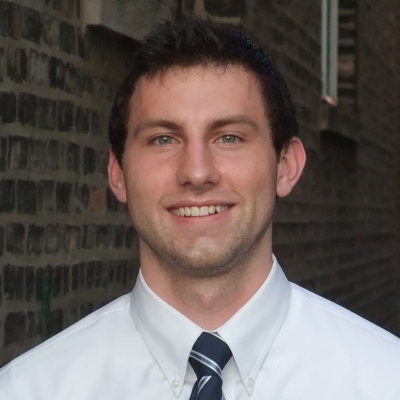
Paulius completed his bachelor’s degree in Biology at Lake Forest College where his research focused on identifying fungal telomerase RNAs in Dr. Karen Kirk’s lab. Upon graduation, he researched biomarkers of glaucoma in the lab of Dr. Paul Knepper at the University of Illinois at Chicago. Currently, Paulius is an MD/PhD student in the department of Integrative Cell Biology at the Loyola University of Chicago Health Sciences Division. He studies the effects of alcohol in dextran sulfate sodium-induced colitis on microbial populations and gut barrier integrity in the lab of Dr. Mashkoor Choudhry.
|
Gwenn Skar, Uni. of Nebraska MC
Dr. Gwenn L. Skar is an Instructor of Pediatrics at the University of Nebraska Medical Center (UNMC) in Omaha, NE. She received her M.D. at UNMC where she also completed pediatric residency and pediatric infectious disease fellowship. During fellowship began investigating the neonatal immune response to cerebrospinal fluid shunt infections. Through this research and her clinical experience she has become passionate about improving diagnostic techniques for cerebrospinal fluid infections. Dr. Skar’s work centers on developing novel diagnostic biomarkers for cerebrospinal fluid shunt infections.
|
|
Elsa Bou Ghanem, Tufts University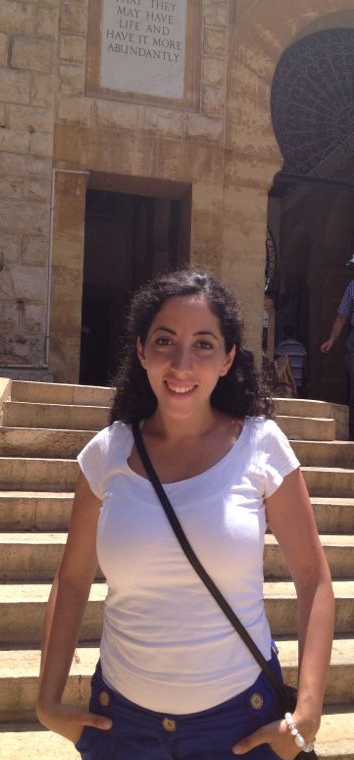
I am currently finishing my postdoctoral training in the laboratory of Professor John Leong in the Department of Molecular Biology and Microbiology at Tufts University School of Medicine where my work focuses on neutrophil/ S. pneumoniae interactions. In 2018, I will transition to an Assistant Professor position at the Department of Microbiology & Immunology in SUNY Buffalo where my lab will focus on immunesenescence, inflammation and infection, elucidating the role of extracellular adenosine pathways in shaping neutrophil responses and age-driven susceptibility to pneumococcal pneumonia.
|
Stephania Libreros Ruiz, Harvard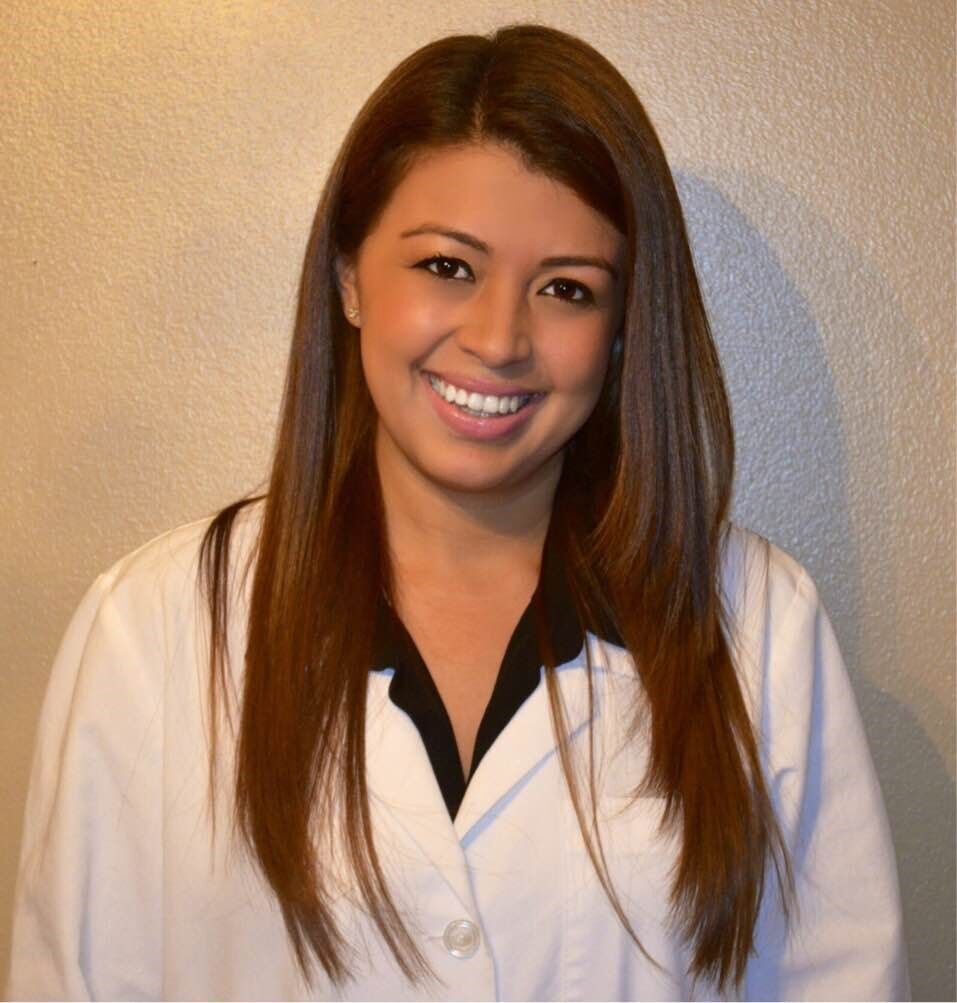
Stephania Libreros is a postdoctoral fellow at the Center for Experimental Therapeutics and Reperfusion Injury at Harvard Medical School/ Brigham and Women’s Hospital mentor by Professor Charles N. Serhan, Ph.D. DSc. Stephania received a BS in Molecular Cell Biology followed by a Ph.D. in Immunology from Florida Atlantic University. Stephania’s studies focus on Specialized Pro-resolving Mediators (SPM) formation and actions in clearance of bacteria and cellular debris during the resolution of infection. Her career goals include to securing a tenure-track faculty position at a cutting edge research institution and to establish a research group that can make important contributions to biomedical research. She aspires to mentor the next generation of biomedical scientist, with a focus on under-representative groups.
|
Suhas Sureshchandra, UCI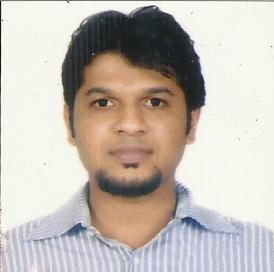
Suhas Sureshchandra is a third year Ph.D. student in Biological Sciences at University of California Irvine. Supervised by Dr. Ilhem Messaoudi, he is interested in elucidating genetic and epigenetic underpinnings of cellular and phenotypic variability in monocytes in the presence of environmental cues such as obesity and alcohol consumption. Previously, Suhas worked as a research associate at Medical College of Georgia, and has an engineering degree in Biotechnology from India and a master’s degree in Bioinformatics from Indiana University Bloomington. His dissertation focuses on using systems approaches to dissect mechanisms that regulate immune dysfunction in babies born to obese mothers.
|
|
Sabrina Sofia Burgener, Uni. of Bern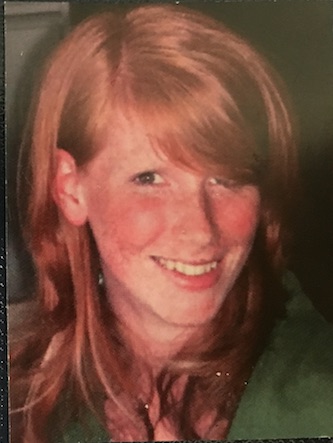
Sabrina Sofia Burgener graduated her Ph.D. at the University of Bern working in PD Dr. Charaf Benarafa’s laboratory. Her first laboratory experience was during her apprenticeship as a veterinary assistant. Sabrina Sofia did her Bachelor and Master studies in Cell and Molecular Biology with a main interest in innate immunity. She is now highly interested in studying neutrophils in homeostatic and inflammatory conditions. Her current project focuses on the role of clade B serpins in neutrophil, monocyte and mast cell survival and host defense.
|
J. Pedro Lopes, Umeå Universitet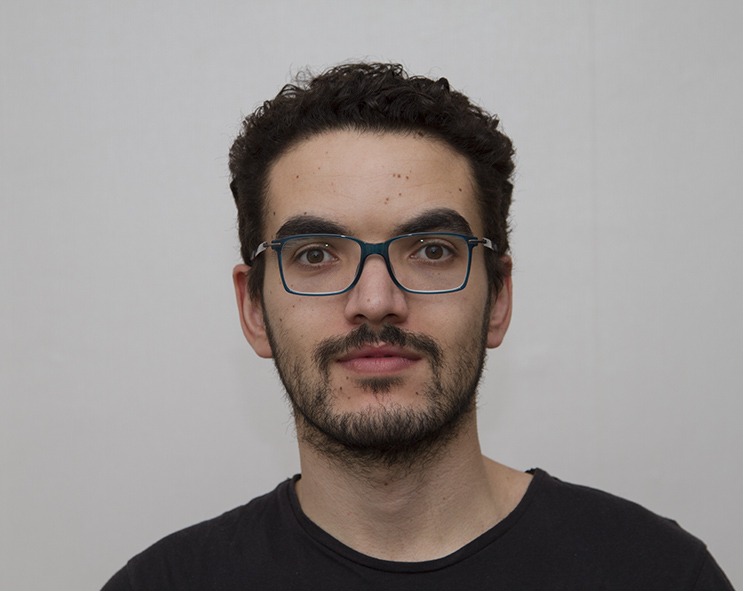
I have obtained my BSc in Biochemistry at Porto University- Portugal before moving to Umeå University- Sweden to pursue my graduate studies. I am currently a Ph.D. candidate in the group of Antifungal Immunity under the guidance of Prof. Constantin Urban. My work focuses on elucidating the role of granulocytes, especially neutrophil and mast cells, as immune effectors cells against opportunistic fungal pathogens.
|
Eli Sward, Montana State University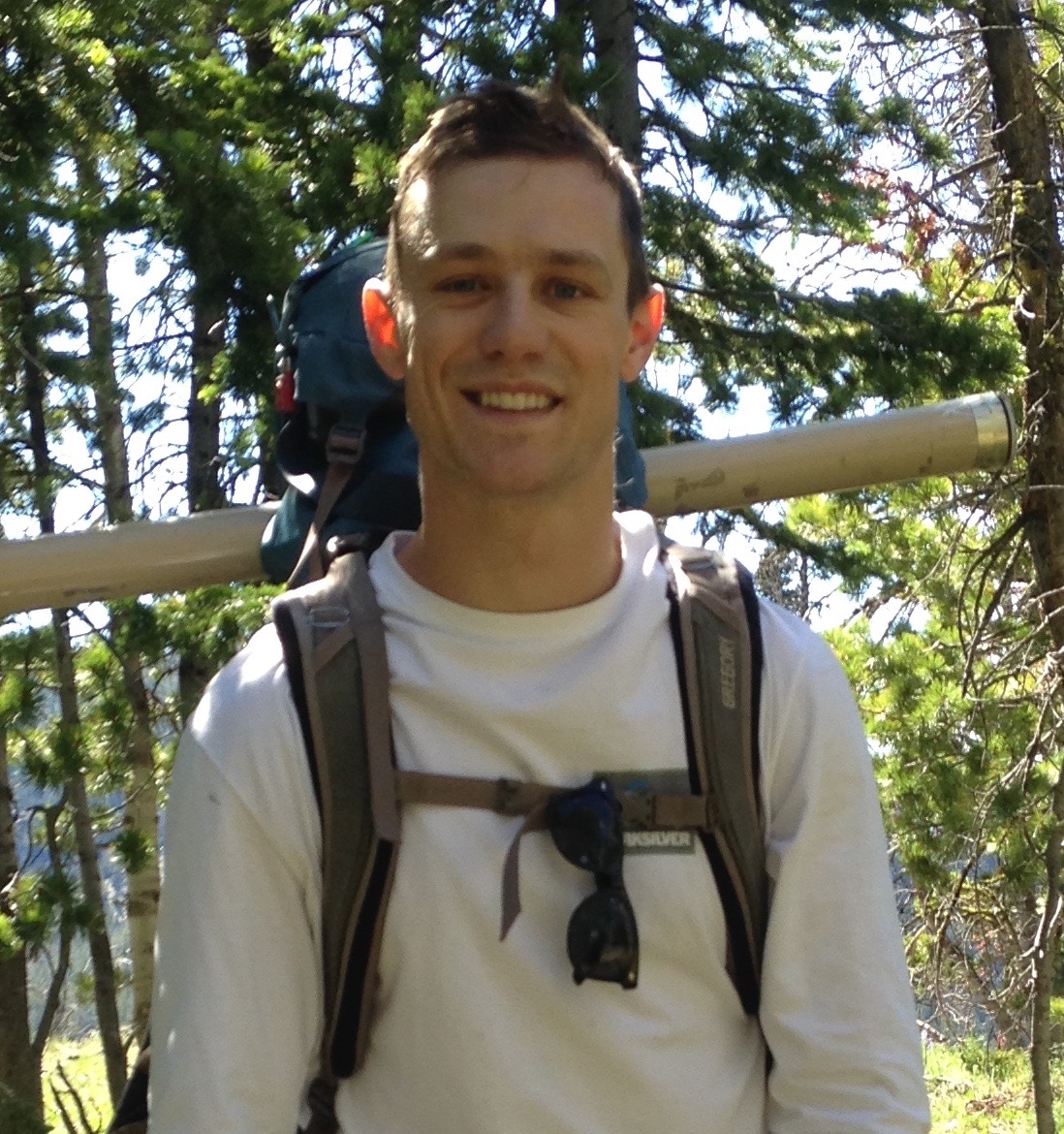
I’m a 4th year PhD candidate at Montana State University under the mentorship of Dr. Jovanka Voyich. My project focuses on the ability of S. aureus to modulate monocyte-derived TNF-α and the subsequent influence on neutrophil responses. This project includes research on both host immune responses, including leukocyte-granulocyte interactions, as well as gene-regulation used by S. aureus. The implications of this project are geared toward understanding protective immune responses during staphylococcal infection that will aid in alternative treatments, such as immunotherapy.
|
|
Yanhui Cai, Wistar Institute
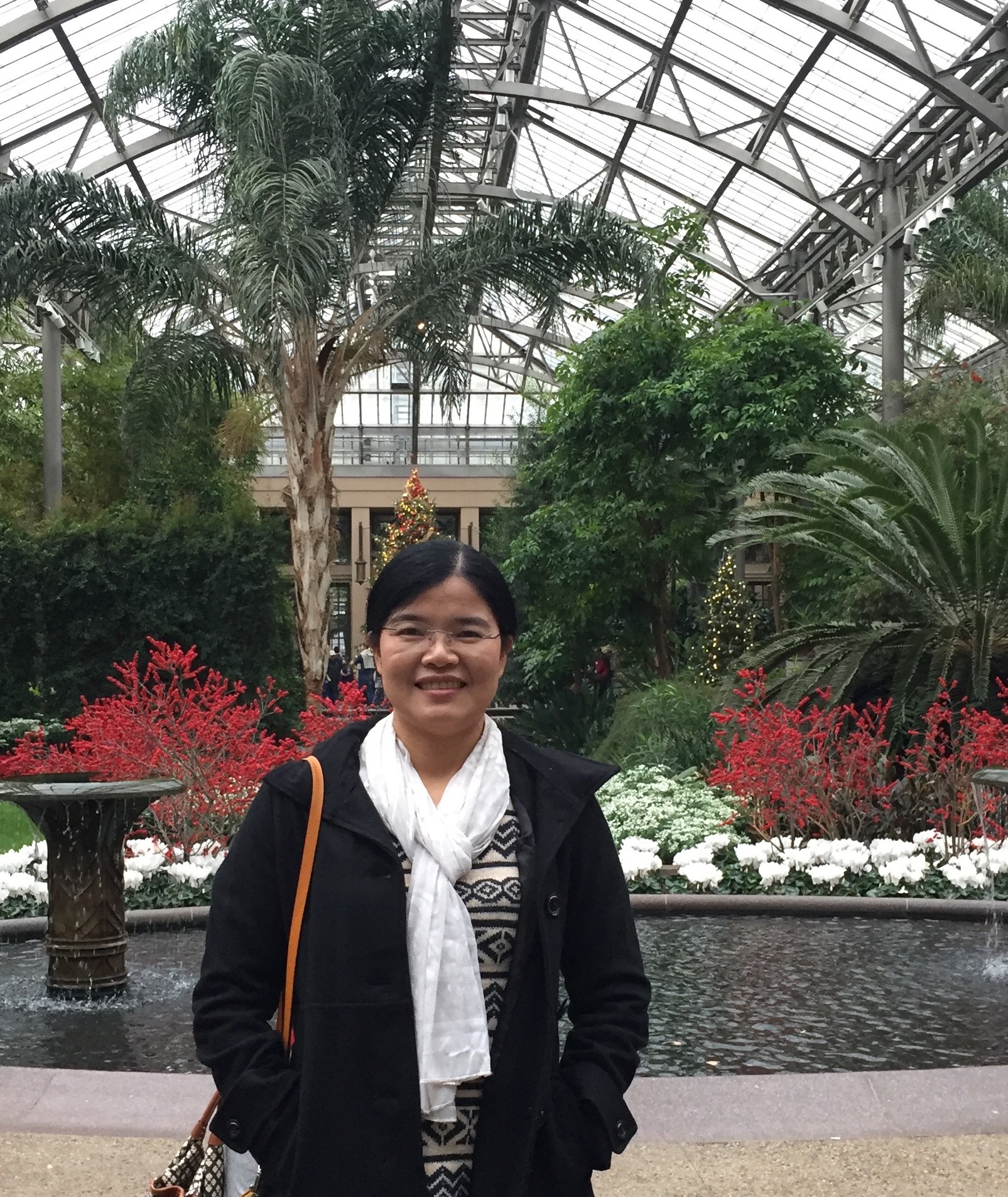
I received my Ph.D. degree in Biomedical Science (Microbiology and Immunology) from Tulane University School of Medicine in May 2013. Currently, I am a postdoctoral fellow working with Dr. Luis Montaner in the HIV-1 immunopathogenesis Laboratory, The Wistar Institute. I have focused on HIV/AIDS research study for about 7 years. Before I started my position at The Wistar Institute, I worked on the SIV/rhesus macaque model to elucidate the critical role of lung macrophages in the pathogenesis of AIDS at the Tulane National Primate Center, and clinical development of DNA-based HIV/SIV conserved element (CE) vaccine at National Cancer Institute, NIH. After I joined The Wistar Institute in September 2016, I began to investigate B cell lymphoma 6 (BCL6) inhibition for (1) clearance of HIV-infected CD4 T follicular helper (Tfh) cells within lymphoid tissue, and (2) potentiation of IFN-a-mediated antiviral responses in lymphoid tissues. Data from my recent studies highlights the potential application of Bcl6 inhibition in vivo to reduce HIV persistence in cART-suppressed infected patients because viral persistence in CD4 Tfh cells remains a central barrier to HIV/AIDS cure efforts.
|
Thorsten Maretzky, Uni. of Iowa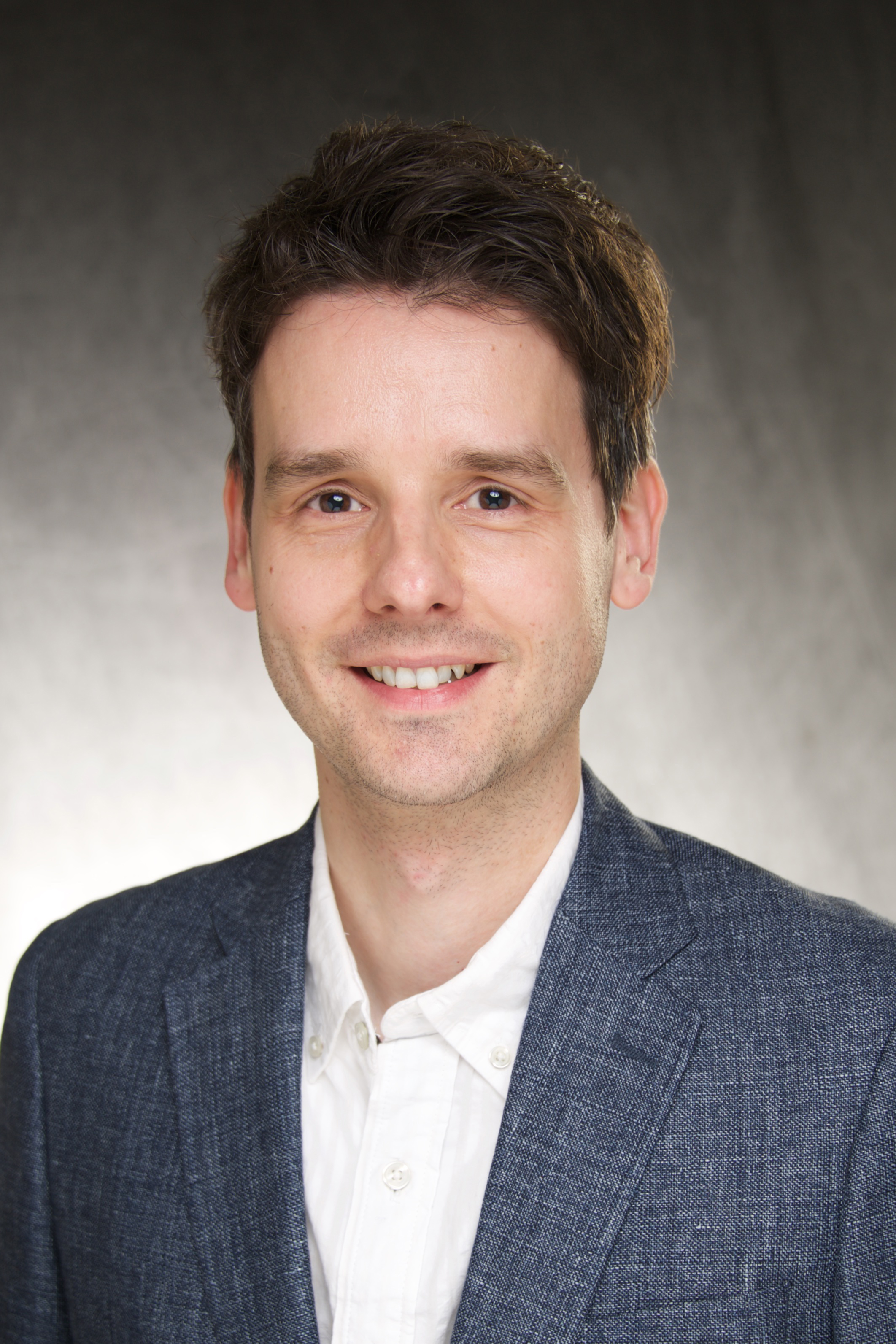
Thorsten Maretzky is an assistant professor in the Department of Medicine of the Carver College of Medicine at the University of Iowa. Thorsten Maretzky receivedhis Ph.D. in 2005 from the Christian Albrecht University of Kiel, Germany. He was a Postdoctoral fellow in Carl Blobel’s laboratory at Weill Cornell Medicine in NewYork.
|
Omar Velez Lopez, Uni. Puerto Rico
His passion for Science began early in childhood. He entered the undergraduate program of Biology and Biotechnology in the University of Puerto Rico Ponce Campus. While in his undergraduate studies, Omar received a National Science Foundation award for underrepresented studies to conduct a summer internship in the George Washington University in Washington D.C. working with Dr. Diana Johnson and Dr. Kathryn B. Walters Compte in the project “Can-SINES insertions on members of the Pholidota spp. and its relationship with other members of the Canidae family”. In 2012, he was accepted to the Medical Microbiology pre-doctoral program and started his thesis with Dr. Loyda M. Melendez at the Comprehensive Cancer Center. Since then, his work studies the role of sigma-1 receptor and cocaine interplay in HIV-1 infected macrophages and the secretion of cathepsin B, a neuroapoptotic protease of lysosomal origin. His work is under review by the Journal of NeuroImmune Pharmacology. He also has received several awards during his graduate studies and presented his work in Puerto Rico, United States
|
|
Abigail Cannon, Loyola U. Chicago
In August of 2015, Abigail joined the Integrative Cell Biology Department at Loyola University Medical Center (Maywood, IL) after acquiring her Master’s in Microbiology and Immunology at Loyola. Thereafter, she continued in the laboratory of Dr. Mashkoor Choudhry, where she is a 3rd year PhD student studying DSS-induced colitis focusing on the detrimental consequences alcohol elicits on ulcerative colitis flare periods. Specifically, she’s trying to elucidate how alcohol could increase susceptibility to enteropathogens in mice with DSS-induced colitis.
|
Madelyn Miller, Uni. of Central FL
I am a 2nd year graduate student at University of Central Florida under the mentorship of Dr. Justine Tigno-Aranjuez. I graduated magna cum laude from Wittenberg University in 2016 with a double major in Biochemistry/Molecular Biology and Sociology. I have worked under the mentorship of Dr. Irina Petrache from Indiana University studying the role of autophagy malfunction of alveolar macrophages in chronic obstructive pulmonary disease. I am currently focused on finding novel receptors for house dust mite. Specifically, I hope to use my research to find therapeutic targets for allergic asthma.
|
Charles Yin, Western University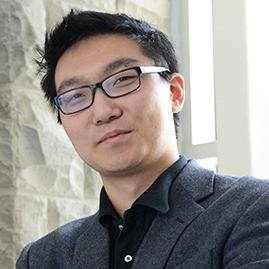
Charles Yin received his BSc in Integrated Science from McMaster University in Hamilton, Ontario. At McMaster, he worked in the lab of Dr. Dawn Bowdish on signal transduction mechanisms of macrophage scavenger receptors. He then began his MD/PhD at Western University, where his PhD is being completed under the supervision on Dr. Bryan Heit in the Department of Microbiology and Immunology on characterizing defects in phagocytic removal of apoptotic cells by macrophages in atherosclerosis. Charles hopes to pursue a career as a clinician-scientist and is interested in investigating the role of immune dysfunction in chronic disease.
|
|
Madison Collins, Montana State Uni.
I am starting up my third year in the doctoral program at Montana State University within the Department of Microbiology and Immunology. Under the mentorship of Dr. Jovanka Voyich, my research focuses on understanding how two accessory genes within the SaeR/S gene regulatory system contribute to innate immune evasion in Staphylococcus aureus (S. aureus). My work utilizes both in vitro neutrophil phenotypic assays and in vivo mouse skin infection models to understand the interface between S. aureus virulence and the neutrophil response to infection. In the future, I would like to combine my scientific background with my fondness for outreach and teaching.
|
Blake Nichols, UT Southwestern MC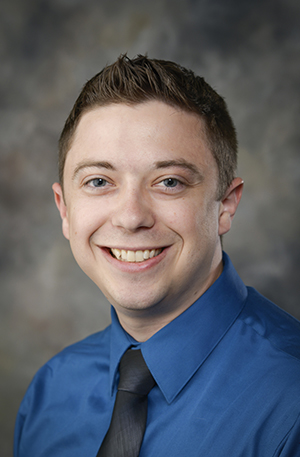
Blake Nichols received a medical degree from the University of Texas Southwestern Medical School in 2012 and then did a residency in General Pediatrics at The Children’s Hospital of Philadelphia. Upon beginning his clinical fellowship in Pediatric Critical Care Medicine at Children's Medical Center in 2015 he joined the lab of Dr. Jessica Moreland, who is broadly interested in the pathobiology of neutrophil-based inflammation. Under Dr. Moreland’s direction, Blake obtained an institutional grant and began studying the neutrophil-based inflammation in type 1 diabetes and diabetic ketoacidosis. He is interested in studying the neutrophil-based inflammation in other endocrinopathies during critical illness.
|
Dae-goon Yoo, WUSTL
 Dae-goon Yoo achieved his Ph.D. in field of Infectious Diseases from the University of Georgia. He is currently a postdoctoral research scholar in Dr. Mary C. Dinauer’s laboratory in Washington University in St. Louis. He currently studies the role of the NADPH oxidase in regulating the response to critical inflammatory mediators such as Damage-Associated Molecular Patterns (DAMPs) or Pathogen-Associated Molecular Patterns (PAMPs) using mouse models, including a strain with a genetic predisposition to lupus. His long-term research goal is to better understand the underlying mechanisms of how NADPH oxidase-derived ROS regulate immune responses Dae-goon Yoo achieved his Ph.D. in field of Infectious Diseases from the University of Georgia. He is currently a postdoctoral research scholar in Dr. Mary C. Dinauer’s laboratory in Washington University in St. Louis. He currently studies the role of the NADPH oxidase in regulating the response to critical inflammatory mediators such as Damage-Associated Molecular Patterns (DAMPs) or Pathogen-Associated Molecular Patterns (PAMPs) using mouse models, including a strain with a genetic predisposition to lupus. His long-term research goal is to better understand the underlying mechanisms of how NADPH oxidase-derived ROS regulate immune responses
|
|
Krystal Colon-Rivera, Wistar Institute
Dr. Krystal Colón-Rivera received her PhD at University of Puerto Rico School of Medicine under the mentorship of Dr. Loyda Meléndez were her focus was in NeuroAIDS. In 2016, she joined Dr. Luis Montaner’s team at Wistar Institute for a postdoctoral fellowship. Dr. Colón-Rivera current work is focused in HIV pathogenesis and understating the immune mechanisms for HIV-1 resistance.
|
Allison Rahtes, Virginia Tech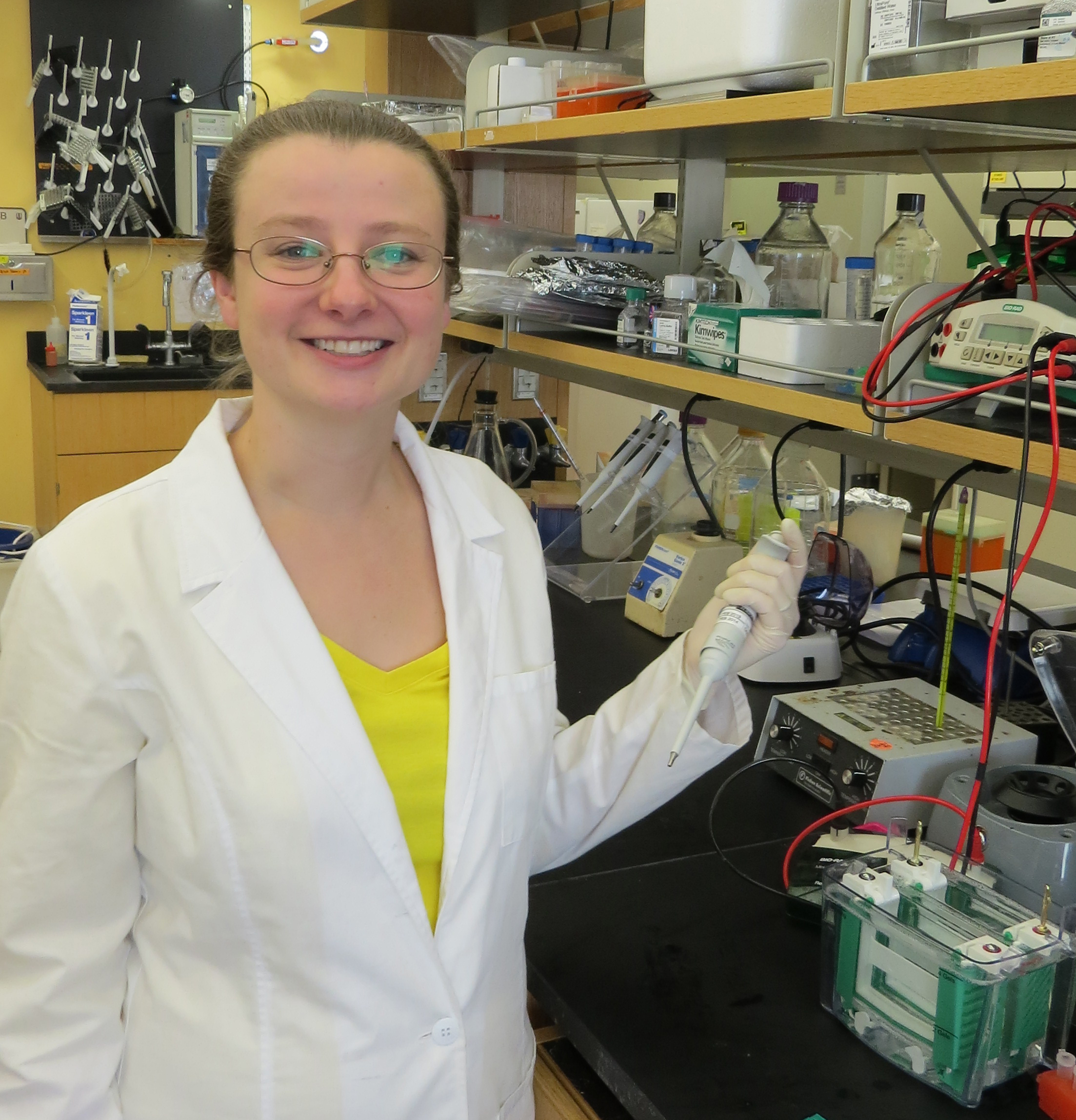
Allison Rahtes is a third-year graduate student in Dr. Liwu Li’s lab in the Department of Biological Sciences at Virginia Tech University. She received her B.S. in Biology from Elizabethtown College in 2009. Prior to joining Dr. Li’s lab in 2014, she briefly attended Penn State College of Medicine before deciding she preferred the research aspect of medicine. She is currently studying the mechanism behind non-resolving inflammatory macrophage programming in response to chronic subclinical endotoxin exposure in the setting of chronic inflammatory diseases. In particular, her research focuses on inhibition of autophagy by chronic low-dose endotoxin exposure.
|
|
John Gomez, Uni. of North Carolina
John C. Gomez, Ph.D. is a research associate at the Marsico Lung Institute in the University of North Carolina at Chapel Hill. He did his dissertation research with Dr. Claire Doerschuk at Case Western Reserve University, examining the mechanisms of neutrophil production and release from the bone marrow. He continued working with Dr. Doerschuk after she moved to UNC, where his studies focus on the mechanisms of inflammation and host defense in the lungs, particularly the role of neutrophils and other innate immune cells in the lungs during bacterial pneumonias, acute lung injury and smoking-related lung disease.
|
Trisha Rettig, Kansas State Uni.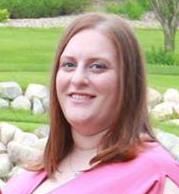
Trisha Rettig is currently a PhD candidate in Dr. Stephen K. Chapes’ lab at Kansas State University in Manhattan, Kansas. Her work focuses on the effects of microgravity on the antibody repertoire. Specifically, her work focuses on the repertoire before and after vaccination with tetanus toxoid using a custom bioinformatics workflow designed to work within the limitation of samples obtained aboard the International Space Station. By using high-throughput sequencing technique she works on monitoring changes to the repertoire at an RNA level. She obtained her BS from Beloit College in Beloit, Wisconsin.
|
|